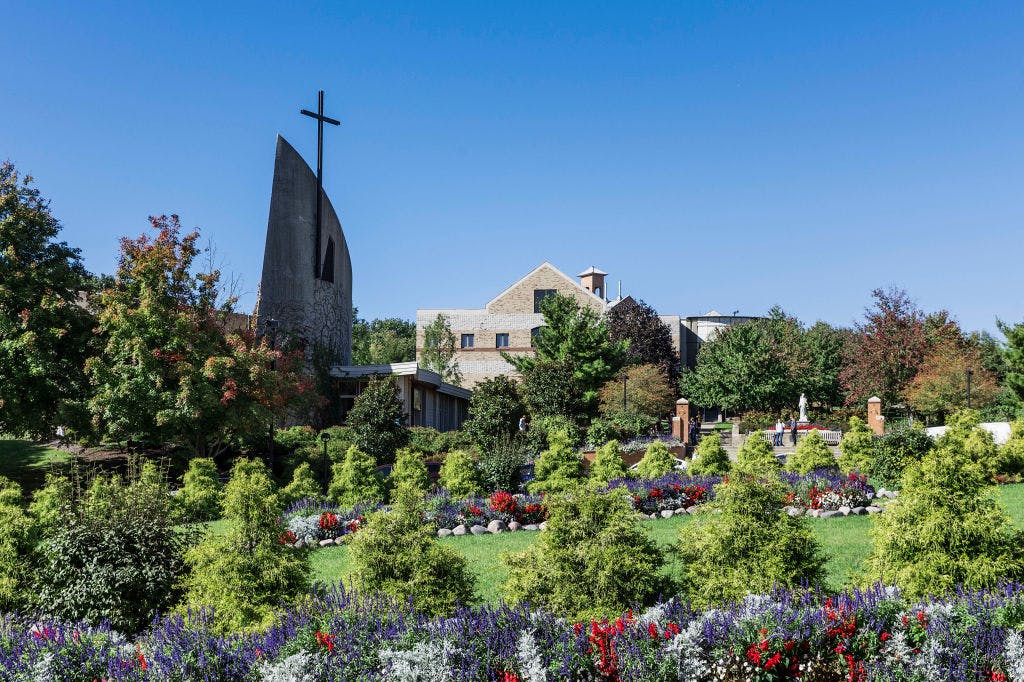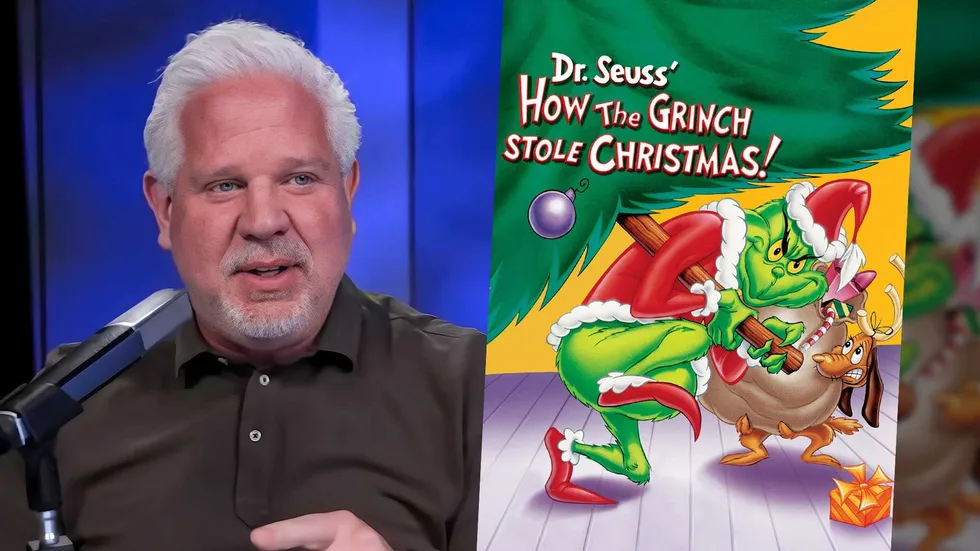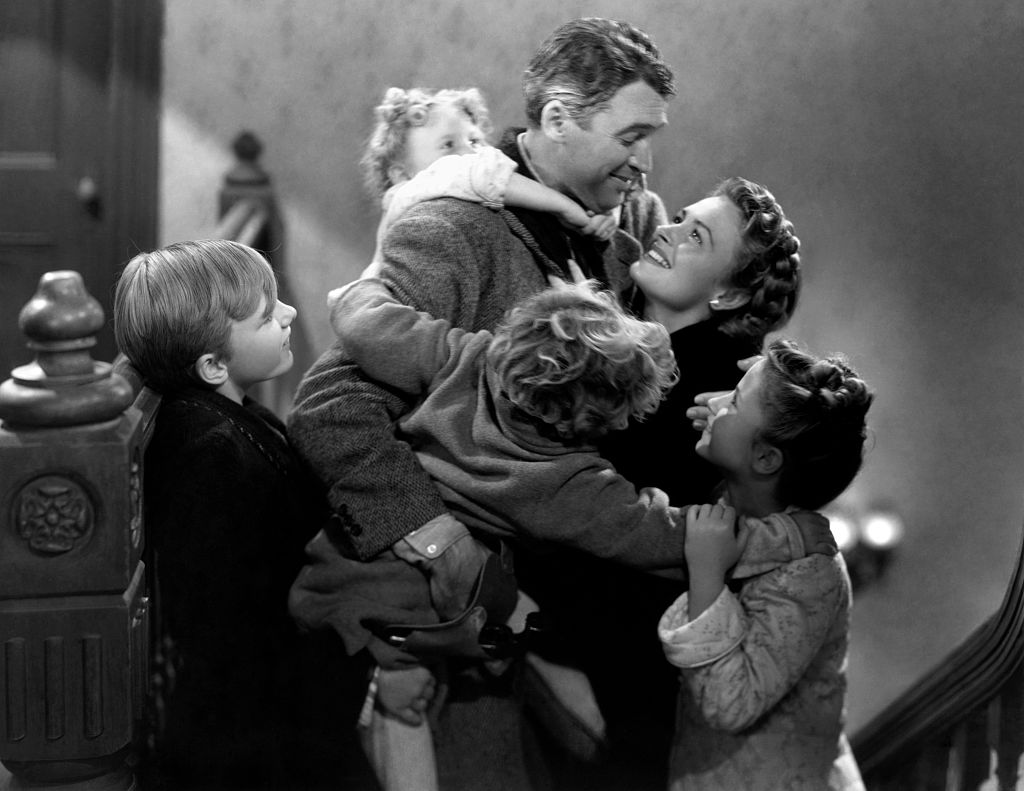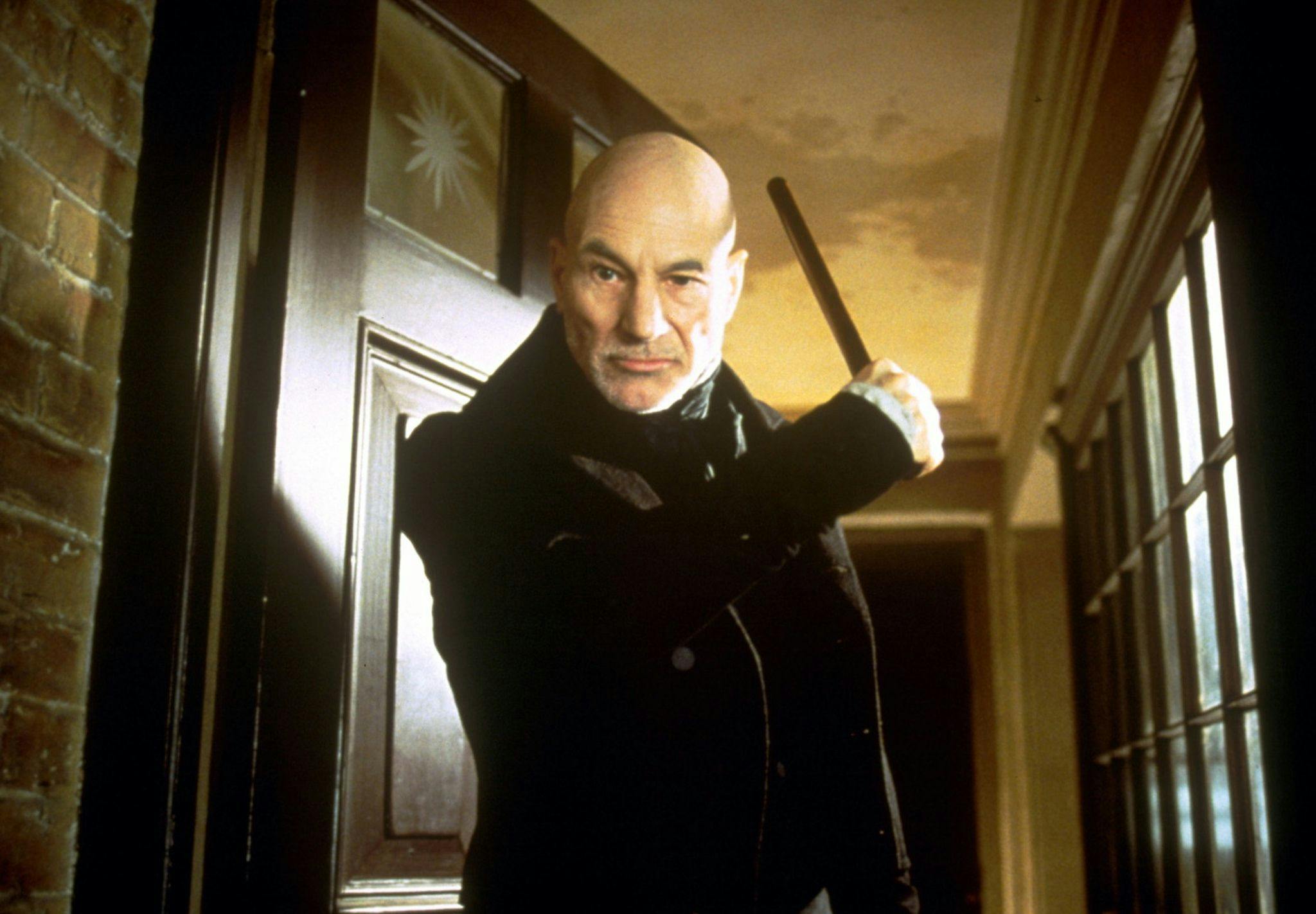Here’s What Mental Health Studies Should Look Like At A Christian College

The Daily Wire recently featured the shocking and sad story of Naomi Epps Best’s struggle for toleration in a graduate marriage and family therapy program at Santa Clara University.
Live Your Best Retirement
Fun • Funds • Fitness • Freedom
Best describes outrageous violations of privacy, decency, and traditional religious values — which are made all the more outrageous by the fact that they occurred at a Catholic university.
Santa Clara is an extreme case. But it’s part of an unfortunate trend among Catholic colleges and universities. These schools believe they must become like secular universities in order to achieve academic excellence and adequately prepare their students for the workforce.
One example of a Catholic university that has self-consciously stood against this self-immolation of Catholic schools for over 50 years is Franciscan University of Steubenville.
We are driven by a different conviction: that the Gospel can be integrated with the intellectual life and with rigorous formation in the various professional disciplines, and without a loss to these disciplines.
Christian values are not an obstacle to excellent formation in the mental health professions. Teachers do not need to demonstrate their willingness to contradict Christian teaching by promoting perverse sexual practices in the classroom, and students do not need to set aside their deepest convictions about what gives life meaning and purpose in order to serve others in the noble professions of marriage and family therapy, counseling, psychology, or social work.
So, what should Naomi Epps Best have experienced in a graduate mental health program at a Catholic university?
Fundamentally, education in the mental health professions at a Catholic university should be committed to providing students with formation shaped both by faith and reason in a therapeutic context. Reason embraces all that psychological sciences have to offer in understanding the human person individually and in context, including the human bodily and emotional experience, the relational dimension, the intellect, the will, and the spiritual nature of being human.
No professional program in the mental health field with a goal of training skilled, knowledgeable professionals who embody the dispositions necessary to the mental health practice can do without the knowledge that comes from psychological research or the wisdom hard-won from clinicians working daily in the field.
At the same time, as St. John Paul II stated, “Faith and reason are like two wings on which the human spirit rises to the contemplation of truth.” Faith and revelation offer a window into the mystery of the human person that one cannot glean from science alone, and provide a means to discerning truth in a field where relativistic views tend to be preferred.
A Catholic mental health training program should invite its students to consider clinical practice in light of the revealed truth of the Christian faith. In this way, students in a Catholic university have a way to analyze ideas, research, and treatment techniques from the perspective of a Christian understanding of the human person.
Very often, the psychological sciences and faith align wonderfully, allowing students to have confidence in the treatment techniques they study. Sometimes, though, widely endorsed clinical approaches that are part of the mental health fields — and the philosophies upon which theories are based — do not align with a Christian view of the person. At a Catholic university, students in a mental health training program must be given the tools to make these discernments.
How does this work in practice? It begins with crafting an environment where faith is a welcomed part of the clinical training program, and where students can grapple with questions about how the Christian faith can inform practice for the good, while being balanced by appropriate professional dispositions of respect for client differences.
It happens through faculty who are committed to asking students to analyze clinical and research-informed literature through the lens of the Christian faith and revelation. It happens when a program creates an ethos where students’ dignity, worth, and deeply-held values are respected.
For example, invitations to personal exploration that are common and necessary to training in mental health are balanced by basic reverence for personal privacy and modesty. Faculty can provide space for students at a Catholic university to actually live and express their Christian faith in the classroom, in clinical supervision, and even in the clinical setting with clients. Those same faculty can mentor their students in how not to see that faith as a detriment and how to manage its expression in a professionally appropriate and careful way.
When Catholic universities set aside their identity to strive for the esteem of the world, they’ll eventually end up with neither. Loosened from the Gospel and the Christian tradition, they’ll fall prey to the worst and most harmful trends in higher education and rightly earn the disdain of even the world.
Students like Naomi have options. We have welcomed her to complete her studies here, and other students should know that they need not suffer an assault on their Christian values as a rite of passage to become a mental health professional. There are places for them.
Dr. Stephen Hildebrand is the provost and a theology professor at Franciscan University of Steubenville, where Dr. Christin Jungers is the dean of the School of Professional Programs and a professor of mental health counseling.
The views expressed in this piece are those of the author and do not necessarily represent those of The Daily Wire.
Originally Published at Daily Wire, Daily Signal, or The Blaze
What's Your Reaction?
 Like
0
Like
0
 Dislike
0
Dislike
0
 Love
0
Love
0
 Funny
0
Funny
0
 Angry
0
Angry
0
 Sad
0
Sad
0
 Wow
0
Wow
0











































































